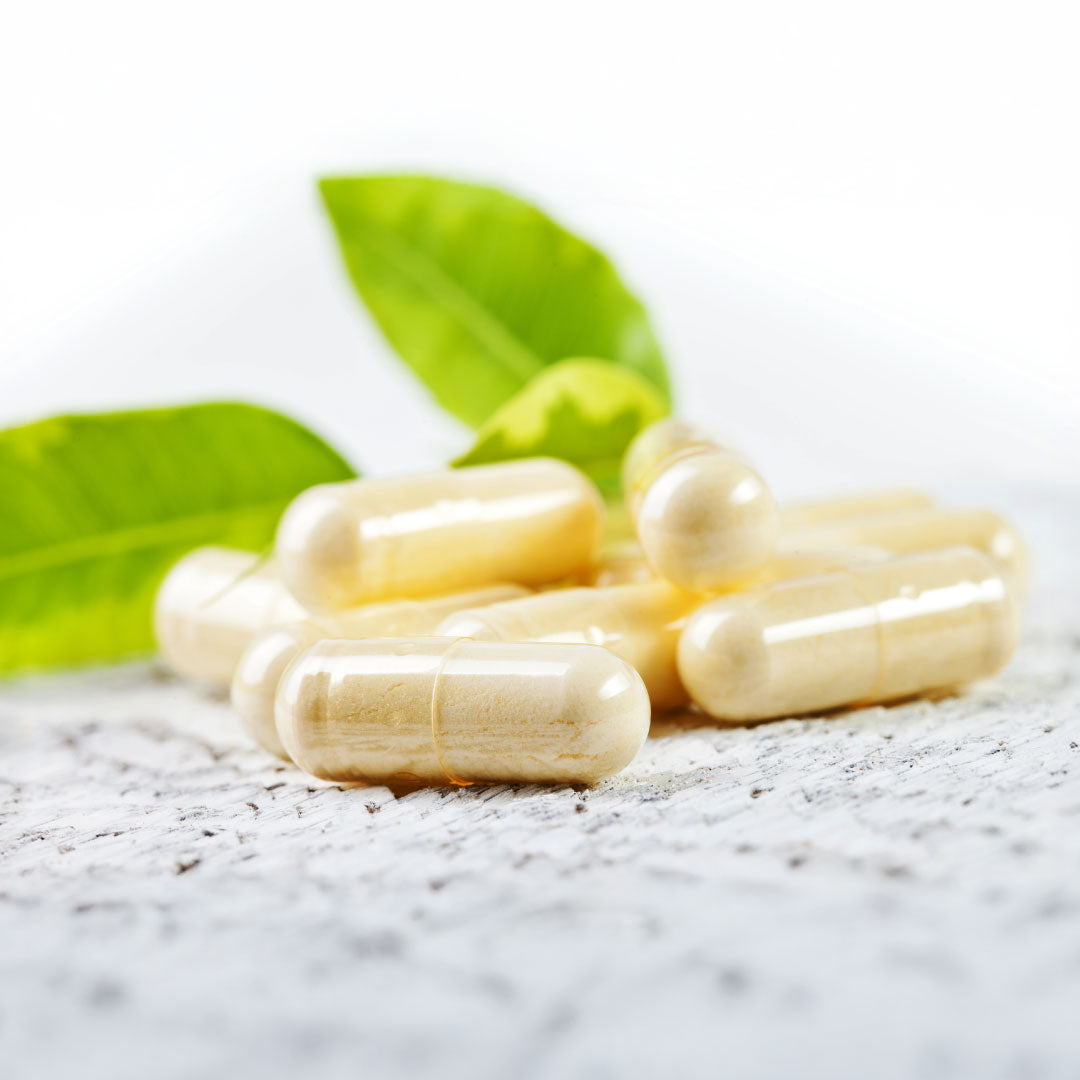When it comes to healthy cooking, the oils we use every day often get overlooked. Marketing labels promising “heart-healthy” or “light” choices can be deceiving, especially when it comes to common vegetable oils. While they may seem harmless, oils such as sunflower, canola, and soybean oil could be doing more harm than good.
In this article, we’ll explore why vegetable oils don’t live up to their health claims, the risks they pose, and which alternatives can truly support your wellbeing.
The Problem with Vegetable Oils
Despite the name, vegetable oils are not made from vegetables. They come from seeds like soybean, corn, rapeseed, or sunflower, and require heavy processing to extract. This often involves high heat and chemical solvents such as hexane (yes, the same chemical found in glue).
Here’s why these oils are best avoided:
1. Highly Processed
Vegetable oils are far from natural. By the time they reach supermarket shelves, they’ve gone through intense refining, deodorising, and bleaching.
2. Inflammatory by Nature
These oils are high in omega-6 fatty acids. While we need some omega-6, modern diets are flooded with it. Excess omega-6 creates an imbalance that fuels chronic inflammation, a root cause of issues like joint pain, heart disease, brain fog, and even stubborn weight gain.
3. Quick to Turn Rancid
Vegetable oils oxidise easily, especially when exposed to heat. This oxidation produces toxic compounds that can damage cells, hormones, and skin health. Many oils are already rancid before you even open the bottle.
Oils to Avoid
Here’s the “do not date” list of oils best left out of your kitchen:
-
Sunflower oil
-
Rapeseed oil
-
Safflower oil
-
Soybean oil
-
Corn oil
-
Canola oil
-
Cottonseed oil
If it comes in a large, cheap plastic bottle, it’s a good sign to steer clear.
Healthier Alternatives for Cooking and Drizzling
The good news? There are plenty of nourishing, flavourful oils and fats you can use instead:
-
Extra Virgin Olive Oil – Rich in antioxidants, excellent for salads, drizzling, and low-heat cooking.
-
Avocado Oil – With a high smoke point, it’s perfect for roasting vegetables and meats.
-
Coconut Oil – Great for baking and medium-heat cooking.
-
Butter (Grass-Fed if Possible) – A traditional fat that’s ideal for flavour and stability when cooking.
Watch Out for Hidden Oils
It’s not just cooking oils you need to watch. Refined vegetable oils often lurk in:
-
Salad dressings
-
Mayonnaise
-
Mustards
-
Even jars of olives (often soaked in sunflower oil)
Always check labels carefully, small swaps add up to a big difference in your health.
A Final Word
Every food choice is more than fuel for your stomach, it feeds your energy, hormones, mood, and long-term wellbeing. Avoiding refined vegetable oils is one of the simplest and most powerful changes you can make for your health.
For busy women, especially mums juggling a million things, remember: taking care of yourself isn’t selfish. It’s the best gift you can give your family.
And if you’d like extra support for digestion and weight management, our Apple Cider Vinegar Capsules are a convenient way to help reduce insulin spikes and promote gut health.
--Written by Hala Ali, founder of Dietapplements















